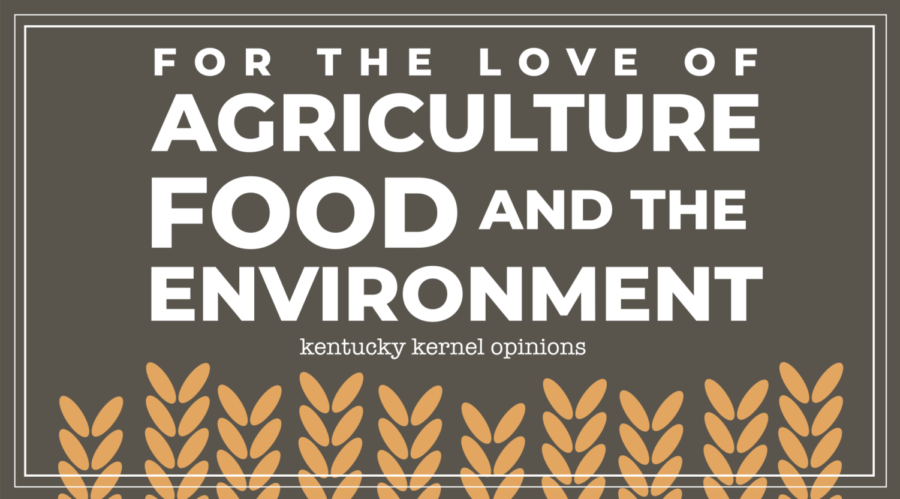Coffee week and the sustainability of hot bean liquid
March 4, 2020
Recently during Lexington Coffee Week, participating coffee shops in Lexington offered drink specials for $3. I wanted to happily venture out with my wallet and a smile to take advantage of a week dedicated to one of my favorite things. Sadly, I only went to one coffee shop due to a strict college budget and a borderline impossible work, school and social schedule.
The one coffee shop I did visit with a friend, however, prompted me to reflect on the role of coffee in our culture. Coffee is so often at the center of our interactions. So many morning moments, social situations, and professional pow-wows start with this hot, bean liquid; yet, so few understand the path of the coffee bean to cup and all of the social, economic, and environmental implications of that journey.
Many coffee farmers receive only a small fraction of the retail price of their coffee beans, despite coffee farming being such a labor intensive job. This unfair compensation leaves them vulnerable to fluctuating markets and crop failure.
In addition, evidence is emerging of climate change threatening crop yields. The warming climate is reducing the area suitable to farm coffee while simultaneously encouraging diseases and pests that thrive in warmer environments. To learn more about coffee and climate change, check out this beautiful resource from The Climate Institute.
So, what can you do as a student in Lexington? If you haven’t already wondered about where your coffee beans come from, start to wonder. Certifications are a great way to start thinking about what you want to support or not support when you purchase coffee.
The Fair Trade Certification aims to empower and directly compensate farmers, targeting the economic and social issues associated with certain products including coffee. The Rainforest Alliance Certification requires that farmers adhere to the criteria of the Rainforest Alliance Sustainable Agriculture Standard which targets all three pillars of sustainability. If you want to support coffee farmers who acquire these certifications, consider purchasing beans and making your own coffee at home.
If you want to know even more about the nuance involved in production and consumption of coffee from every perspective, consider taking Dr. Michael Goodin and Dr. David Gonthier’s GEN 300 Special Topics Coffee Course. This duo piloted the course in Fall of 2019, and they absolutely put their heart and soul into it. They were kind enough to allow me to sit in on a few classes, which ranged from professional-level coffee tastings, to local and international speakers, to the chemistry of coffee.
Disguised as a simple GEN 300, this course tackled coffee from every angle you can think of – from climate change to global dynamics, they proved that you can connect coffee to any and all topics.































































































































































